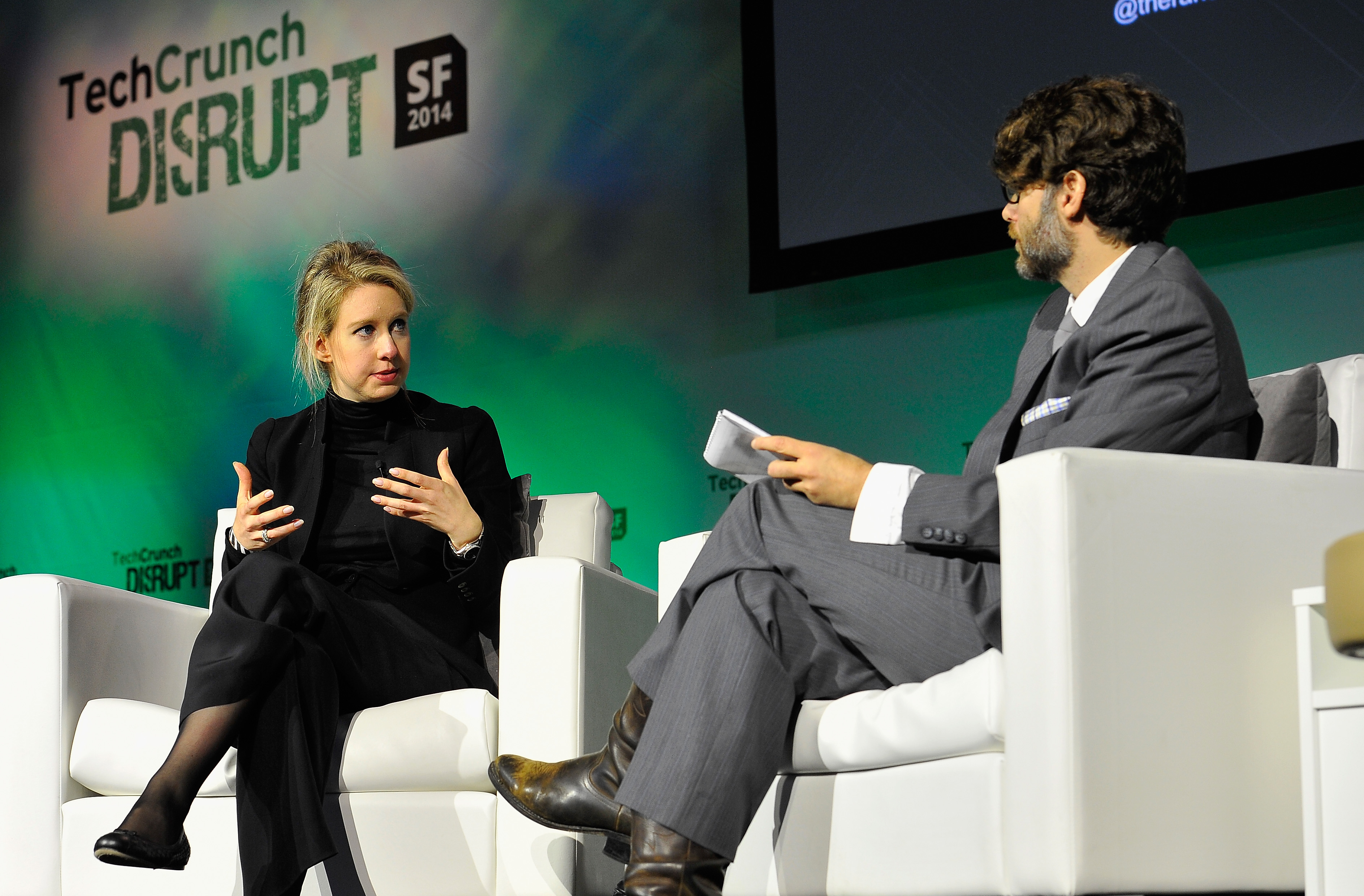Young businesswoman, Elizabeth Holmes, was 19 years old when she dropped out of Stanford University in California. She used her spare tuition fees to start up a healthcare technology company, which she named Theranos. The company managed to grow its value to around 9 billion USD. However, this billionaire is now charged with numerous cases of wire fraud, with her company entirely dissolved. So, what went wrong?
In 2003 Elizabeth Holmes started a healthcare technology company which followed the Silicon Valley attitude of being a ‘hype train’. Holmes gathered investors and achieved millions, making a name for herself very early on in her process. She promised a revolutionary piece of technology. A machine that could perform health checks and identify someone’s health issues with just a drop of blood. It was named Edison. Naturally, Edison’s requirement of only a drop of blood attracted a huge audience of potential investors and news coverage. Holmes even gained a sort of ‘fan-base’, which labelled her as an inspiration – particularly because success for women was uncommon, particularly in Silicon Valley. Theranos followed the Silicon Valley’s principle of overpromising and building anticipation for a product only in its R&D stages. For Theranos, this was by promising a transformation to healthcare, a future pushing the boundaries of technology. For all the media could care, the woman at the helm of it, Elizabeth Holmes, was a prodigy.
In August 2015 the FDA (U.S. Food and Drug Administration) investigated Theranos and uncovered major inaccuracies in the company’s testing on patients. A Wall Street Journal reporter then discovered that Edison was seriously inaccurate, and so Theranos resorted to using the industries’ typical blood testing machines. These machines required more blood and weren’t by any means as good as what Edison was promised to be.
At this point, Elizabeth Holmes’ empire begun to spiral downwards. Her overpromising was exposed as potentially criminal, with a court case recently scheduled to identify whether she can be considered a fraud or just a failed businessperson. The case has been postponed due to her pregnancy and the pandemic, though at the beginning of September this year (2021), the trial begun. As of writing, the businesswoman’s case has concluded its fourth week. Many employees and others affiliated with the company are now appearing to testify against (and in favour of) Holmes. If I were to speculate the result of the case, I’d presume that Elizabeth Holmes (and those affiliated with her ‘scheme’ of overpromising and underdelivering) will be at least economically penalised – as the amount of financial damage caused by Theranos for investors has proven severe. As the case fully sets in motion, Holmes could find herself charged with more or less than is currently set, but the spirit of the complainant is that Holmes failed and lost a huge amount of money for those who had believed in her.
Notwithstanding the uncertainty of the outcome, lessons have surely been learnt. A new veil of scepticism will now cover investments, with potential investors unsure as to the legitimacy of a company. Theranos and its failure has resulted in questioning whether we can really believe anything we’re told: an answer hard to reach.
Perhaps a key word not only in business, but life. Trust.
